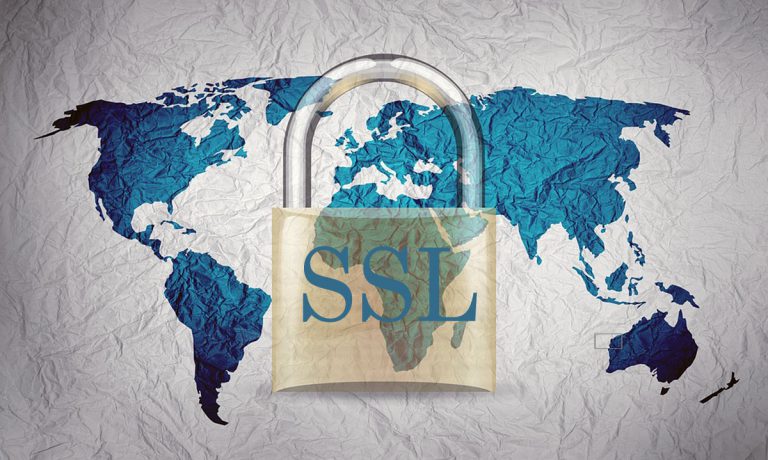
SSL Certificates
June 2, 2023
Personalization in Digital Marketing, a powerful strategy
September 30, 2023Artificial intelligence (AI) is rapidly changing the world around us, and while there are many positive applications for this technology. There are also some significant dangers that must be considered such as AI and its role in fraud.
This is one of the most pressing concerns as the use of AI becomes more widespread. Which can have severe consequences for individuals, businesses, and society as a whole. We are going to explore the dangers of AI
and its role in fraud.
Dangers of AI and its role in fraud
One of the most significant dangers of AI being used to carry out fraud is the potential for increased sophistication and complexity of attacks.
As AI technology improves, it becomes easier for fraudsters to create more convincing scams. It also automates the process of carrying out fraud.
This can make it more difficult for individuals and businesses to detect and prevent fraud, as the attacks become more sophisticated and harder to identify.
Another major danger of AI being used for fraud is the potential for large-scale attacks. Which that can target large numbers of individuals or businesses simultaneously. This can lead to significant financial losses and can also have a major impact on the wider economy. Hence businesses and individuals lose confidence in the safety and security of online transactions. These attacks can even be used to destabilize entire industries or markets, leading to widespread disruption and economic damage.
One of the most common risks associated with AI and fraud is the potential for bias and discrimination.
AI algorithms are only as good as the data they are trained on. If that data is biased or discriminatory, then the resulting algorithms will be too. This can lead to unfair treatment of certain groups of people, such as those from marginalized communities. Which can perpetuate existing inequalities and social injustices.
Another major concern is the potential for AI to be used to impersonate individuals or organizations, leading to identity theft. This can be particularly damaging for businesses, as it can damage their reputation and lead to significant financial losses. It can also be difficult for individuals to recover from identity theft. This is because it can take months or even years to fully restore their credit and financial standing.
Solutions to AI’s Role in Fraud
So, what can be done to mitigate these risks and prevent AI from being used for fraud? One potential solution is to improve the regulation of AI. And to ensure that there are appropriate safeguards in place to prevent abuses of this technology. This include measures such as mandatory training for developers and users of AI. Inclusive of increased oversight and accountability for those who use this technology for fraudulent purposes.
Another potential solution is to develop more sophisticated AI-based fraud detection systems. By using AI to detect and prevent fraud, businesses and individuals can stay one step ahead of fraudsters. They can also protect themselves from financial losses. This can involve using machine learning algorithms to identify patterns and anomalies in financial transactions, as well as using natural language processing to analyze text-based data for signs of fraudulent activity.
In addition to these technical solutions, raising awareness about the dangers of AI-based fraud and educating individuals and businesses on how to protect themselves is important. This can involve providing training and resources on how to spot and report fraudulent activity, as well as promoting best practices for online security and data protection.
Ultimately, the risks associated with AI-based fraud are significant and must be taken seriously by individuals, businesses, and society as a whole. By working together to develop effective solutions and promote awareness of these risks, we can help to ensure that AI technology is used for the benefit of all, rather than being exploited by fraudsters for their gain.



